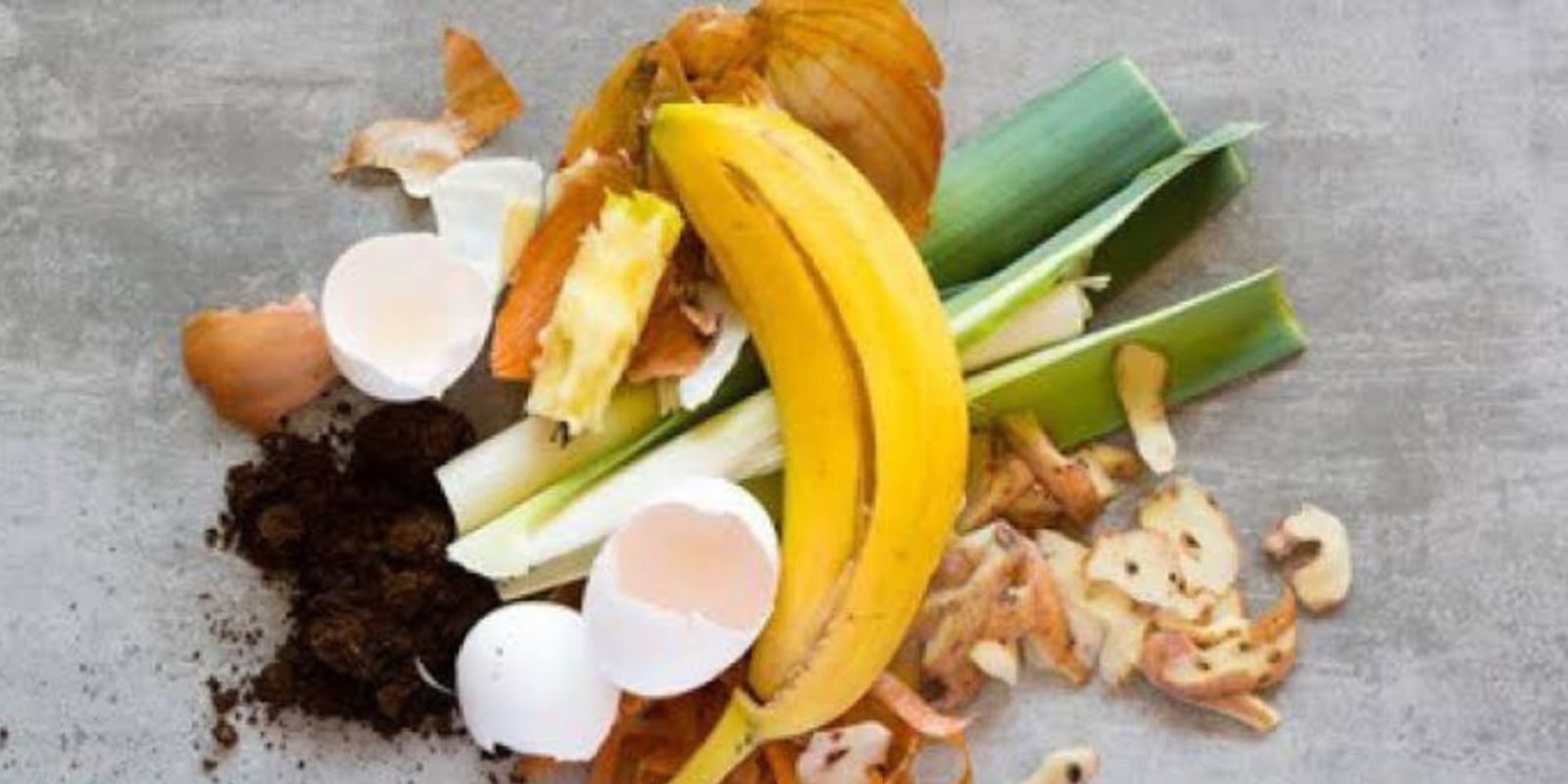Gardening is a fulfilling activity that connects us with nature and allows us to grow healthy plants and produce. But achieving a thriving garden doesn’t always require chemical fertilizers. Instead, you can create your own organic fertilizers using everyday kitchen scraps and household ingredients. These homemade options are affordable, eco-friendly, and incredibly effective at providing your plants with essential nutrients.
In this article, we’ll explore 12 simple homemade fertilizers, their preparation, and how they benefit your plants. By the end, you’ll be ready to transform waste into nourishment and help your garden thrive.
1. Banana Peel Fertilizer
Preparation:
- Chop banana peels into small pieces.
- Bury them in the soil around your plants.
Benefits:
Banana peels are a powerhouse of potassium, phosphorus, and magnesium, which are essential for flowering and fruiting plants. These nutrients promote strong root development and vibrant blooms.
2. Coffee Grounds Fertilizer
Preparation:
- Spread used coffee grounds on the soil surface or add them to your compost pile.
Benefits:
Coffee grounds are rich in nitrogen, which is vital for leafy growth. They also improve soil texture, making it more aerated and moisture-retentive.
3. Eggshell Fertilizer
Preparation:
- Crush eggshells into small pieces.
- Mix them into the soil or compost.
Benefits:
Eggshells are an excellent source of calcium, which strengthens plant cell walls and prevents issues like blossom-end rot in tomatoes and peppers.
4. Apple Cider Vinegar Fertilizer
Preparation:
- Mix 1 tablespoon of apple cider vinegar in 1 liter of water.
- Use this mixture to water your acid-loving plants.
Benefits:
Vinegar helps regulate soil pH, making it perfect for plants like blueberries, hydrangeas, and azaleas that thrive in slightly acidic conditions.
5. Vegetable Waste Fertilizer
Preparation:
- Collect kitchen scraps like potato peels, carrot tops, and other vegetable waste.
- Compost them or bury them directly in the garden soil.
Benefits:
Vegetable waste is rich in a variety of nutrients that break down into the soil, improving its fertility and promoting plant growth.
6. Used Tea Bag Fertilizer
Preparation:
- Place used tea bags in water to create a nutrient-rich tea.
- Alternatively, bury the tea bags directly in the soil.
Benefits:
Tea bags are a good source of nitrogen, tannins, and other micronutrients. They also improve soil texture and help retain moisture.
7. Aspirin Fertilizer
Preparation:
- Crush 1 aspirin and dissolve it in 1 liter of water.
- Spray the solution on plant leaves or use it to water the soil.
Benefits:
Aspirin contains salicylic acid, which boosts plant immunity, helping them resist diseases and pests. It also promotes faster growth and improves resilience.
8. Citrus Peel Fertilizer
Preparation:
- Chop lemon, lime, or orange peels into small pieces.
- Mix them into the soil or soak them in water to create a citrus tea.
Benefits:
Citrus peels add phosphorus and potassium to the soil, which are crucial for root and flower development. They also deter pests like ants and aphids.
9. Seaweed Extract Fertilizer
Preparation:
- Collect fresh seaweed, rinse off the salt, and soak it in water for a few days.
- Use the water to irrigate plants or spray it on leaves.
Benefits:
Seaweed is packed with essential minerals like iodine, potassium, and magnesium. It boosts plant vigor and enhances resistance to stress and diseases.
10. Oatmeal Fertilizer
Preparation:
- Sprinkle a thin layer of oatmeal on the soil.
- Water the soil to help the oats break down.
Benefits:
Oatmeal adds organic matter to the soil, improving its structure and microbial activity. It’s particularly beneficial for young plants that need a gentle nutrient boost.
11. Beer Fertilizer
Preparation:
- Mix leftover beer with water in a 1:1 ratio.
- Pour this mixture around your plants.
Benefits:
Beer contains sugars that feed beneficial soil microbes, enhancing soil fertility. It also contains small amounts of nutrients that plants can absorb.
12. Onion Water Fertilizer
Preparation:
- Soak onion skins or scraps in water for 24 hours.
- Use the water to irrigate your plants.
Benefits:
Onions are rich in sulfur compounds that promote healthy plant growth and act as a natural pest deterrent.
Tips for Using Homemade Fertilizers
- Know Your Plants’ Needs: Some plants, like tomatoes and roses, need specific nutrients. Tailor your homemade fertilizer choices to meet their requirements.
- Avoid Over-Fertilizing: Too much of any fertilizer can harm plants. Apply sparingly and monitor plant response.
- Combine Methods: Mix different homemade fertilizers to provide a balanced range of nutrients.
- Store Properly: If you make fertilizers in advance, store them in a cool, dry place to maintain their effectiveness.
- Test the Soil: Regularly test your soil to understand its nutrient levels and pH. Adjust your fertilizer use accordingly.
Why Choose Homemade Fertilizers?
Homemade fertilizers are not just a cost-effective option; they are also environmentally sustainable. By repurposing kitchen scraps and household items, you reduce waste while enriching your garden soil. Additionally, these fertilizers are free from harmful chemicals, making them safe for your family, pets, and the environment.
Grow Green, Save Green
Start your journey to a healthier, more sustainable garden with these simple homemade fertilizers. Whether you’re a seasoned gardener or just starting, these natural options will enhance your plants’ growth and help you cultivate a thriving garden.
Which DIY fertilizer are you excited to try? Share your thoughts and results in the comments! Let’s grow together! 🌱
#OrganicGardening #DIYFertilizer #SustainableLiving #GardeningTips #PlantCare

